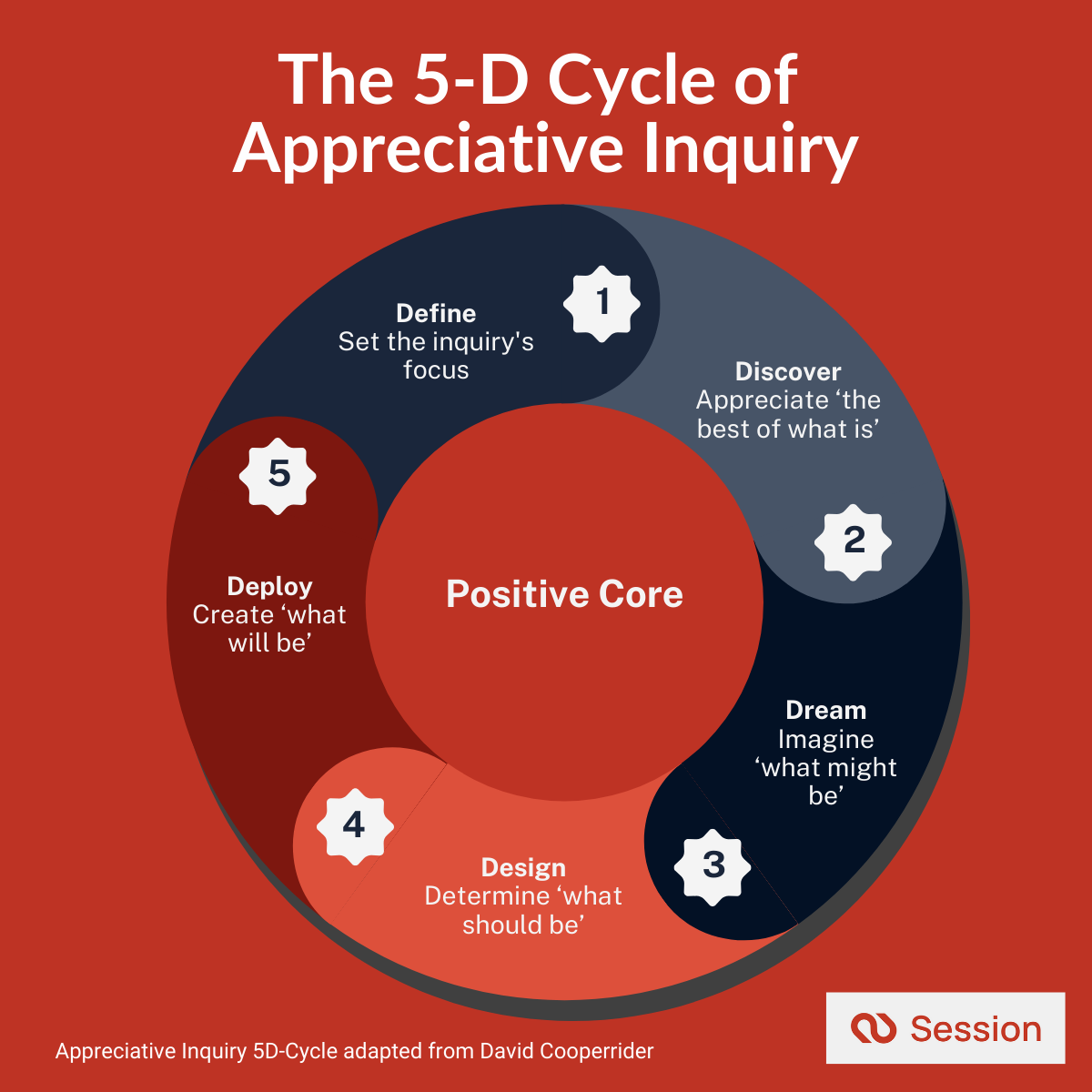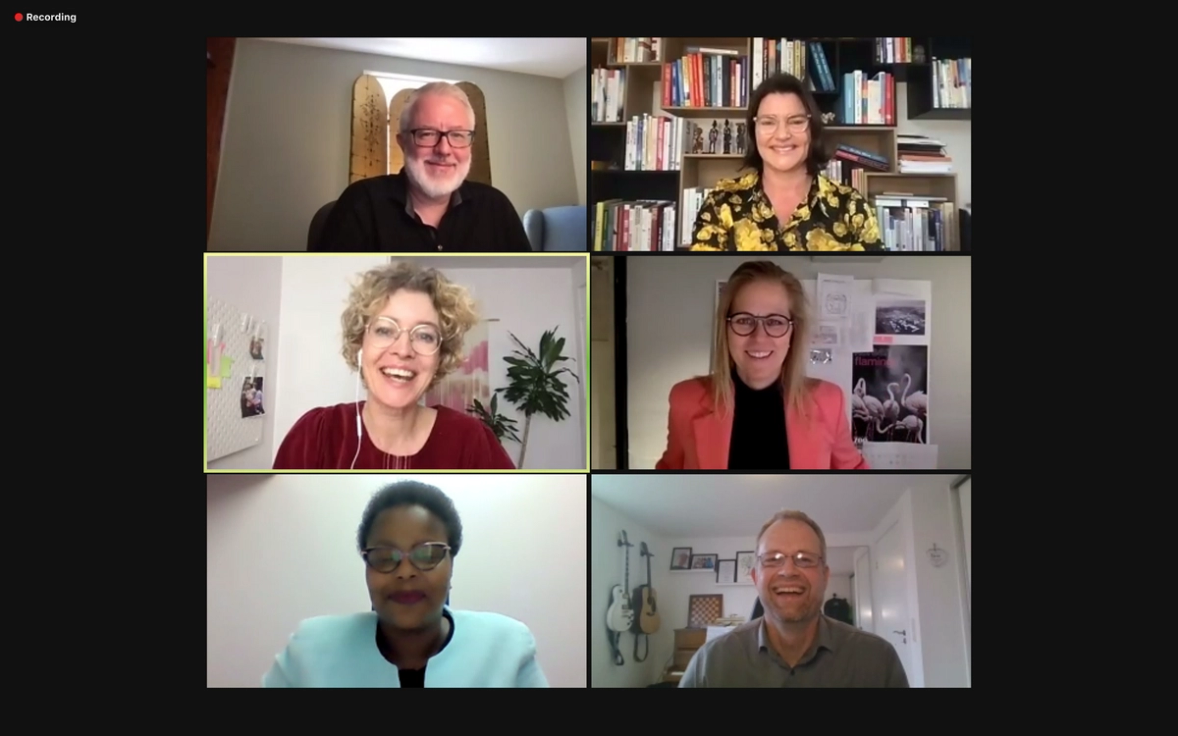Profit, profit, and more profit. In the past, corporate profit tended to triumph over all, and conspicuous consumption was prolific; from expensive cars, to luxury clothing and jewelry - money reigned supreme. However, the days of ranking profit higher than purpose seem to be numbered, and rightly so. With more and more consumers becoming aware of corporate greed, the popularity of socially and ethically-conscious companies continues to grow. It is becoming abundantly clear that purpose is winning over profit, and the benefits are profound: CEOs and companies have come to realize that ‘doing good’ is not only beneficial for people, the earth, and the environment, it is also good for the bottom line.
But how exactly can businesses act as a force for good? Gone are the days when Corporate Social Responsibility (CSR) alone was enough to curtail bad publicity and market companies as morally sound. Today, it is no longer enough for companies to do ‘good’ via CSR initiatives. In this article, we’ll take a look at how businesses doing good in the world organize themselves and become leaders within their fields, and examine proven processes, such as Appreciative Inquiry, that sustain positive outcomes for business as a force for good.

The History of the CSR Movement
First, let us take a look at the CSR movement, which for too many years was “the done thing” when it came to showing the world that you and your business were ‘’doing good’’. There is a long and varied history associated with the evolution of Corporate Social Responsibility (CSR), tracing back to several centuries ago. However, it wasn’t until the 1970s that CSR truly began to take flight, and the concept of the ‘social contract’ between businesses and society was introduced. By the 1980s, early CSR continued to evolve as more organizations began incorporating social interests in their business practices while becoming more responsive to stakeholders. Investment in CSR initiatives have continued to grow rapidly, especially since the 1990s, and CSR is still often seen as a marketing tool: 90 percent of the 250 largest global companies by revenue now publish detailed annual reports of their CSR practices. However, as we approach the government’s targets for net zero by 2050, CSR is no longer enough.
‘’An archaic and outdated term, CSR today merely resembles a marketing tool, allowing businesses to make symbolic gestures while, in the worst cases, enabling corporate inaction.’’ - Harry Matyjaszek
According to Fatemeh Momeni, CSR initiatives can lead to what researchers call moral self-licensing, where a positive action is offset by harmful behavior later on. In cases of moral licensing, company-sponsored social initiatives can trigger poor employee performance because doing good deeds in one area can encourage the employee to behave unethically in another. It’s clear that businesses need to go beyond the performative nature of CSR initiatives, and step into fundamental change behaviour of the business itself, including addressing critical issues such as climate crisis, socio-economic disparity, societal and workplace inequality, and inclusivity. We see burgeoning opportunities for businesses to contribute that extend beyond traditional CSR, but the fundamental question remains: How can businesses step away from the performative nature of CSR initiatives? Thankfully, a new movement is starting to dominate the corporate landscape: ESG.
The Importance of the ESG Movement
ESG stands for Environmental, Social and Governance – three categories that enable businesses to measure the real sustainable and societal impact of their outputs. These three target areas need to see consistent improvement in order for real change to take place in the world around us. So what is the difference between ESG and CSR initiatives? While these both may sound similar in principle, the fundamental difference is that ESG is measured, quantifiable and criteria-led, allowing businesses to fully integrate better environmental, social and governance strategies into their DNA. In fact, 93% of the world’s largest companies by revenue report on ESG, disclosing things like how many gallons of water they’ve conserved or how much plastic they’ve recycled. O'Leary and Valdmanis suggest three ways to align the work of corporations with creating a more sustainable, inclusive, and prosperous economy:
- Corporations need to publicly report on their social and environmental impact with clear, standardized, easy-to-understand metrics, such as carbon emissions, investments in training programs, and proportion of workers earning a living wage.
- Corporations need to be held accountable. The latest commitments from business leaders to “do well by doing good” have centered on supporting workers, responding to racial injustice, and fighting climate change.
- Corporations who are serious about becoming more sustainable, inclusive, and socially responsible should consider putting their purpose into their charter and becoming benefit corporations. This new breed of companies is explicitly balancing profit with a stated public benefit, such as improving its customers’ health, creating good jobs, or restoring ecosystems.
It’s clear that businesses must go beyond the performative nature of CSR, and incorporate quantifiable, transparent ESG metrics into their practices - for the benefit of people, the planet, and the economy.
Appreciative Inquiry helps Companies Act as a Force for Good
When helping businesses work as a force for good, the transformative impact of Appreciative Inquiry (AI) cannot be overlooked. Appreciative Inquiry is a strategic process of inquiry which maximizes a strengths-based potential for change for the company. AI is practiced around the world to transform organizations, cities and even countries, and expand leadership vision, set strategy and enhance the power of teams. David Cooperrider is the founding father of AI. He is a Distinguished Professor at the Weatherhead School of Business, and Faculty Director of the Fowler Center for Business as an Agent for World Benefit. Today, AI is being practiced everywhere: in the corporate world, in the world of public service, economics, education, faith,philanthropy, and social science scholarship.
So why should businesses focus on incorporating strengths-based processes? Too often, businesses focus on the opposite of strengths - problems. The flaw of focusing on problems is that it amplifies them in the eyes of those involved, zapping their energy, confidence, and motivation. Not exactly a recipe for creative thinking or nurturing a growth mindset. Appreciative inquiry, on the other hand, helps organizations unlock innovation by increasing confidence:
‘’Appreciative Inquiry can amplify what’s going right in your organization rather than fixing what’s wrong. Especially after a chaos-filled 2020, appreciative inquiry might be exactly what your team needs to propel your organization forward with a flood of positivity, innovation and creativity.‘’ Mark Sparvell, Forbes Councils Member
Appreciative Inquiry is based on the belief that every team and every organization has great resources that are to be discovered. The model uses the following five steps approach:
- Define: Set the inquiry's focus
- What problem are we trying to solve in the world?
- Discover: Appreciate ‘the best of what is’.
- When we solve that problem already - what is it we are doing? What is working well already?
- Dream (envisioning): Imagine ‘what might be’
- Design (constructing): Determine ‘what should be’
- Deploy (sustaining): Create ‘what will be’
In Appreciative Inquiry: A Positive Revolution in Change, David Cooperrider writes:
“In appreciative inquiry, the arduous task of intervention gives way to the speed of imagination and innovation. Instead of negation, criticism, and spiraling diagnosis, there is discovery, dream, and design.”
To summarize, Appreciative Inquiry helps organizations unlock strengths, trust, job-satisfaction and innovation. Creativity takes courage. It’s tough for anyone to feel courageous when they’re being told over and over again where they’re failing. When individuals, teams and whole organizations are given the permission to focus on their strengths, their confidence is given a boost,, which expands their ability to develop innovations, invite new ideas and build truly purpose-driven companies doing good in the world.
New Generations Want to Work For Purpose Driven Organizations
Many research studies have found that younger generations want to work for businesses doing good in the world. Millennials have a reputation for being values-driven in their approach to their money and their careers. Research shows that 86% of millennials would consider taking a pay cut to work at a company whose mission and values align with their own. 79% of millennials are loyal to companies who care about their effect on the environment, and, according to Deloitte, 76% of millennials view business as a source of powerful and positive social impact.
‘’Employees are agitating for decisions and behaviors that they can be proud to stand behind and are gravitating toward companies that have a clear, unequivocal, and positive impact on the world.’’ - McKinsey Quarterly, 2020
In order to attract and retain younger working generations, it’s imperative that companies focus on company culture with a clear values-driven approach, innovation, collaboration, inclusivity, and an investment in professional development and the employee experience. Furthermore, younger generations are seeking flexibility within their roles, which need to allow for more remote work and less commutes. In summary, if businesses want to remain competitive, they must redesign their company from the bottom up with a focus on a great internal business culture, a higher purpose, sustainability and job happiness.
Conclusion
It’s clearer now than ever that a transformative shift is happening in terms of how and why we work. The era of performative CSR and prioritizing profit over purpose is fading, and an era of value-driven business practices is being ushered in. It’s no longer enough for businesses to focus solely on making big profits for themselves or their shareholders. Customers, clients and employees – particularly those from the younger generations – expect the organization to act as a force for good, or at least do no harm to society, and preferably to actually contribute to the advancement and good of society and the world at large.
The Appreciative Inquiry process helps employees and organizations identify how they can do good in the world. It is a well-structured, well-documented process helping companies become purpose driven. It engages everyone in bringing the best out in themselves and others - to the benefit of the triple bottom line!
If you want to learn more about how you can help your company become purpose driven or how Appreciative Inquiry could help you bring out more innovation and happiness in the world, then do not hesitate reaching out to Session. We have many years experience within the Strengths Based Paradigm and help individuals - through business coaching - as well as whole organizations do good in the world!












